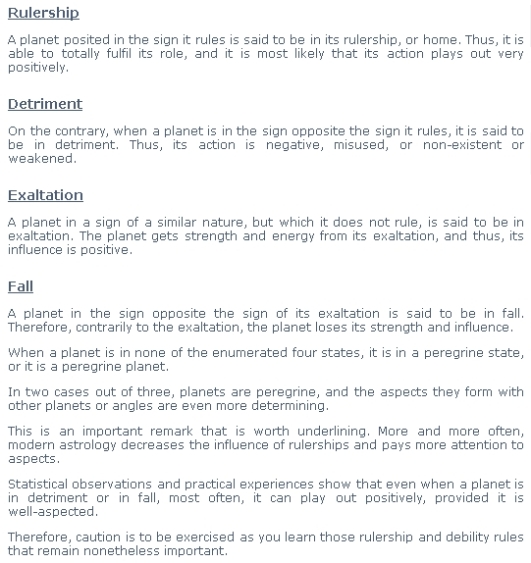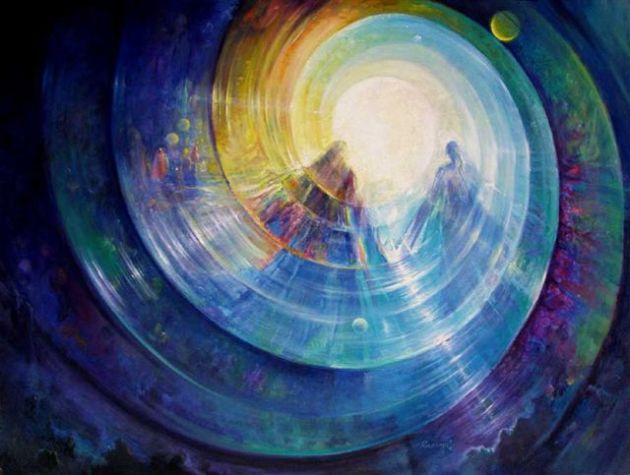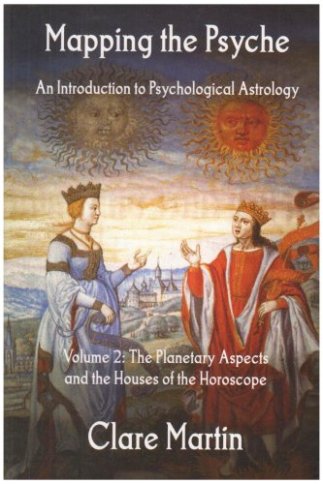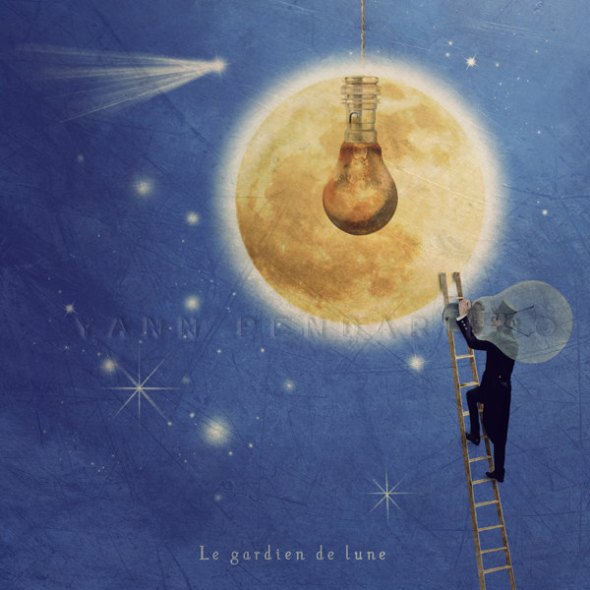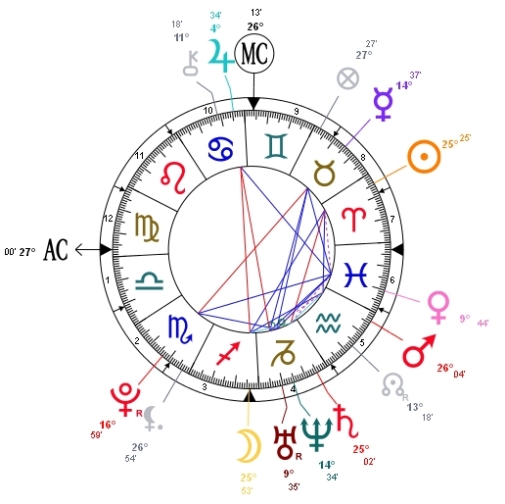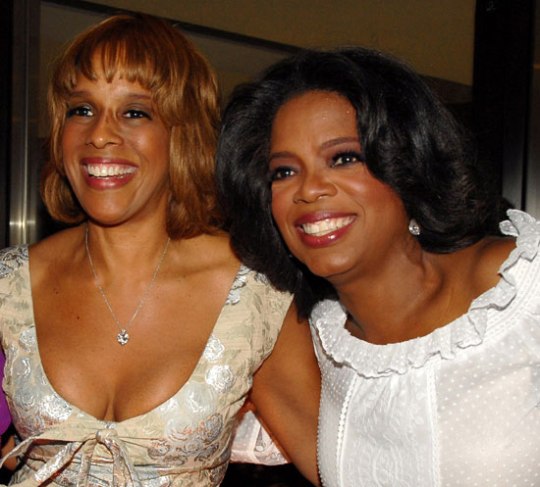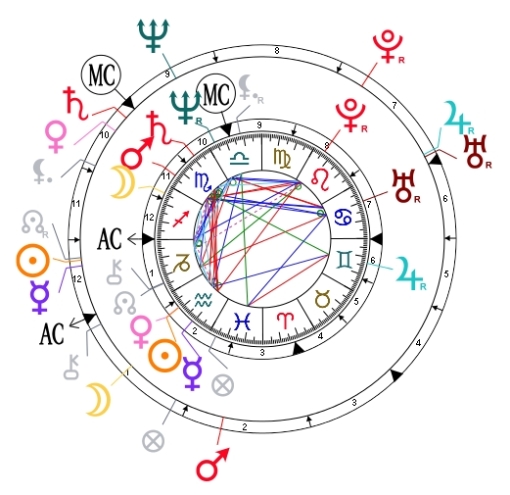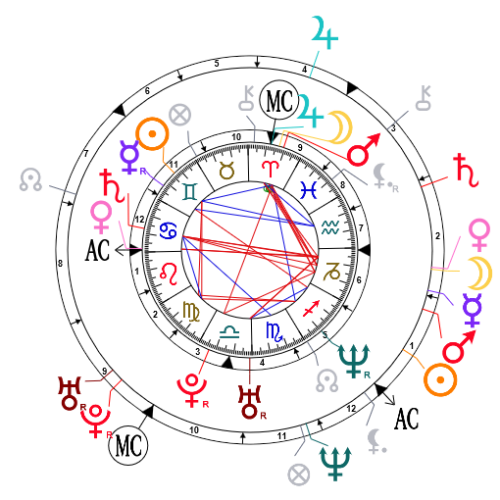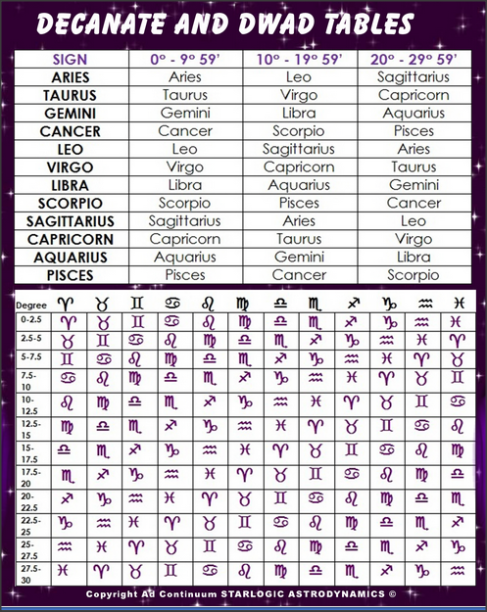This post will be a rundown of planetary behavior at its most comfortable and uncomfortable. Planets will behave the best when they’re at home. By home, I mean the domicile, which is a planet’s natural sign and/or house of rulership. When a planet is in its domicile, the planet is at its strongest, most powerful, and most comfortable. Planets will be at its most uncomfortable when they’re in detriment, and this is when the planet is in the house and/or sign opposite to the domicile. Planets in detriment may be interpreted as being cursed to some folks. Almost as beneficial as a planet in its domicile is a planet in exaltation. The opposite to an exaltation is a debility or fall, and when a planet is debilitated, it will kind of feel like it is handicapped. Another blessed position is when a planet is in its sign or house of planetary joy, which is slightly less beneficial than an exaltation, but nevertheless pleasant. If a planet is in a sign or house that isn’t any of the aforementioned, it is considered to be peregrine, meaning it is nether beneficial nor disadvantageous. Below, I provide a list of planets by domicile, detriment, exaltation, fall/debility, and planetary joy. The houses are described with the number of the house followed by an H. These positions only apply to mundane reality, meaning it is relevant to your carnal nature, only.
SUN (Will, pride, core beliefs, values, and motivation)
- Domicile: 5H and/or Leo
- | Fall: 7H and/or Libra
- Planetary Joy: 9H and/or Sagittarius
- (Feminine) Domicile: 6H and/or Virgo | (Feminine) Detriment: 12H and/or Pisces
- Exaltation: 6H, 11H, Virgo, and/or Aquarius
- Planetary Joy: 11H, 4H, Aquarius, and/or Cancer
VENUS (Socializing, love, pleasure, romance, friendship, business partnerships, financial affairs, art, fashion, beauty, and harmony)
- (Masculine) Domicile: 7H and/or Libra
- (Feminine) Domicile: 2H and/or Taurus | (Feminine) Detriment: 8H and/or Scorpio
- Planetary Joy: 3H and/or Gemini
MARS (Passion, sex, lust, war, aggression, strength, ambition, physical actions and behavior)
- (Masculine) Domicile: 1H and/or Aries
- (Feminine) Domicile: 8H and/or Scorpio | (Feminine) Detriment: 2H and/or Taurus
- | Fall: 4H and/or Cancer
- Planetary Joy: 10H, 5H, Capricorn, and/or Leo
JUPITER (Travels, learning, growth, expansion, prosperity, luck, and interests)
- (Masculine) Domicile: 9H and/or Sagittarius
- (Feminine) Domicile: 12H and/or Pisces | (Feminine) Detriment: 6H and/or Virgo
- | Fall: 10H and/or Capricorn
- Planetary Joy: 1H, 2H, Aries, and/or Taurus
SATURN (Discipline, duty, responsibility, patience, workmanship, and insecurities)
- (Masculine) Domicile: 11H and/or Aquarius
- | Fall: 1H and/or Aries
- Planetary Joy: 6H, 8H, Virgo, and Scorpio
The following three planets (Uranus, Neptune, and Pluto) have only one sign of rulership each. The placements for planetary joy are still in dispute among astrologers, considering the fact that these three planets have been incorporated into astrology for not even two and a half centuries.
URANUS (Freedom, independence, rebellion, disobedience, sense of originality, groups, and communities)
- Domicile: 11H and/or Aquarius
NEPTUNE (Self-undoing, dreams, illusion, confusion, deception, creativity, idealism, and compassion)
- Domicile: 12H and/or Pisces
PLUTO (Power, control, desires, transformation, transmutation, intensity, and manifestation)
- Domicile: 8H and/or Scorpio
- Exaltation: 6H and/or Virgo
Others:
CHIRON (Generosity, healing, wounds, self-worth, and feelings of inadequacy)
- Domicile: 6H and/or Virgo
CERES (Motherhood ideals, fertility, protection, relationships, and family)
- Domicile: 2H and/or Taurus
EARTH (i.e., your ascendant/rising sign; the planet Earth rules the veneer you present to acquaintances, co-workers, and strangers)
- Domicile: Taurus
There are also the nodes of the moon. The nodes of the moon behave most comfortably and reliably when the north node is in the third degree (i.e., 2°00′ – 2°59′) of Gemini and the south node in the 3rd degree of Sagittarius. The north node represents one’s fate and destiny, whereas the south node represents one’s past karma.
An unfortunate aspect worth mentioning, as well, is being born under a new or full moon. Someone born under a new moon will almost always have their sun and moon in the same sign. When the moon is new, it will be conjunct the sun with an orb of up to 10°48′, at the most. A full moon is categorized by the moon being in opposition to the sun, with an orb of up to 10 degrees, at the most. New mooners and full mooners are known for exhibiting highly irrational and sporadic behavior. The only exception to this usually unfortunate aspect, is the full moon in Taurus, which operates comfortably.
Also, any planet that was in retrograde during your birth is undoubtedly going to operate more erratically and less reliably than it would if it was direct.
So far, I’ve mentioned blessings and curses in the natal chart as it applies to mundane astrology. Mundane or exoteric astrology is the practice of astrology that focuses on the physical plane and material reality. It is also the most mainstream practice of astrology in the Western world. The antonym of exoteric (mundane) is esoteric (occult). Esoteric astrology applies to the spiritual base and soul’s purpose. In esoteric astrology, each sign and house has an esoteric ruler that is different from its mundane ruler. When a planet is in its sign or house of esoteric rulership, the person with that placement will have the least challenging time raising their vibrational frequencies and accessing their Higher Self, if they wish to do so. Having a planet in its esoteric sign or house of rulership also allows one to access to other dimensions, planes, realities, and Akashic records with more ease. Mastering meditation, clairvoyance, lucid dreaming, astral projection, etheric projection, and mediumship will be much less challenging when a planet is in its sign or house of esoteric rulership. People with planets in signs of esoteric rulership, also have a gift for deciphering symbols and cryptic messages that go commonly unnoticed by most people. Now, when a planet is in esoteric detriment, the person will be consumed by the planet’s mundane cravings to the point that their spiritual health is neglected and fragile. A planet in esoteric detriment also makes it harder to learn how to end one’s own insidious cycle of reincarnation. Below are a list of planets in esoteric domicile and detriment:
MOON
VENUS
MARS
- Domicile: Scorpio and/or 8H
JUPITER
- Domicile: Aquarius and/or 11H
SATURN
- Domicile: Capricorn and/or 10H
URANUS
- Domicile: Libra and/or 7H
NEPTUNE
- Domicile: Cancer and/or 4H
PLUTO
- Domicile: Pisces and/or 12H
- Domicile: Taurus and/or 2H
EARTH
- Domicile: Sagittarius

